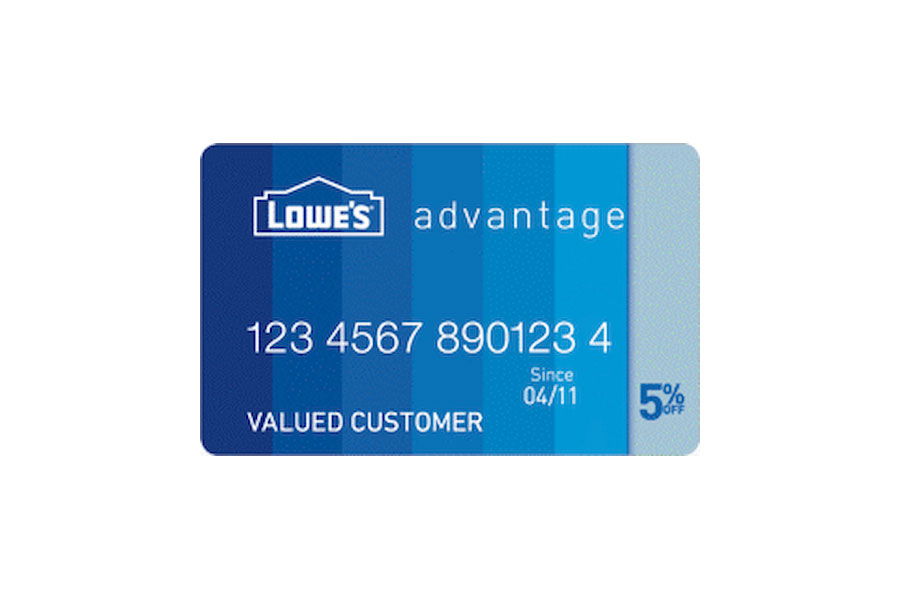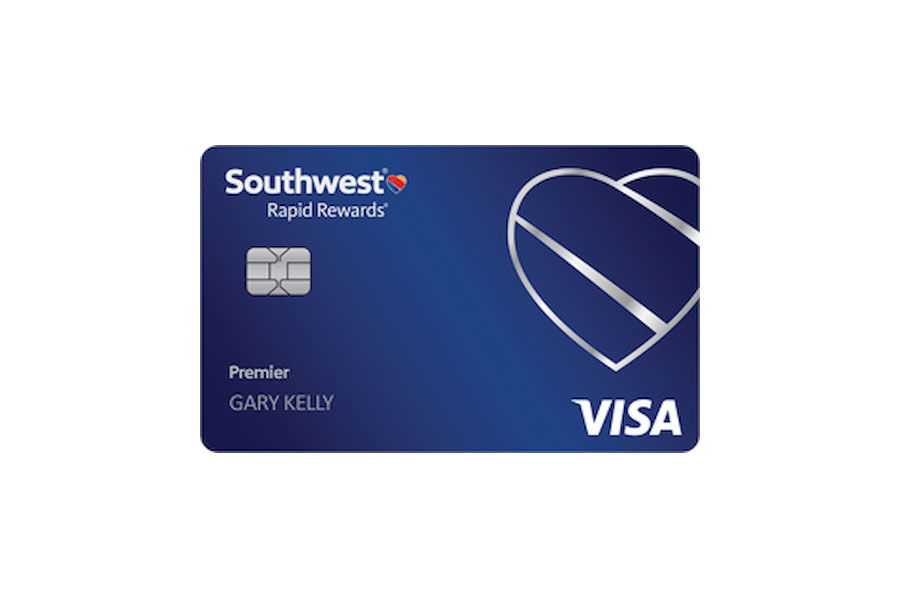Are you considering applying for a Lowe’s credit card to take advantage of their financing options and exclusive offers? Before moving forward, it’s important to understand the credit score needed for approval.
Lowe’s offers different credit card options, including the Lowe’s Advantage Card, which is a popular choice for regular shoppers. By knowing the credit score requirements and what other factors can influence your chances, you’ll be in a better position to increase your chances of approval.

Credit Score Requirements for the Lowe’s Advantage Card
The minimum recommended credit score for the Lowe’s Advantage Card is typically 620. While this is a good starting point, Lowe’s also considers other factors when reviewing your application, such as your income, debt levels, and overall credit history. Applicants with fair to good credit tend to have the best chance of approval.
If your credit score is around or above 620, it’s a good idea to review your credit report for any potential negative items and ensure your financial profile is in good standing. A higher credit score can increase your likelihood of approval and may help you secure better terms.
Lowe’s Advantage Card Requirements
Before considering a Lowe’s Advantage Card application, make sure you are familiar with the general requirements set by Synchrony Bank, the institution that issues the card for Lowe’s. Here’s an overview of what they typically seek from potential cardholders:
- Creditworthiness: Lowe’s does not clearly publicize a specific credit score requirement for their Advantage Card. However, as mentioned, industry insights suggest that a minimum credit score of 620 or above may enhance your approval odds. Typically, individuals with fair to excellent credit profiles have better chances.
- Regular income stream: As with most credit card issuers, it’s essential to have a dependable income source. While Synchrony Bank does not state a fixed income requirement for the Lowe’s credit card, showing financial consistency and stability improves the likelihood of approval.
- Identification: Possession of a Social Security number is fundamental for the application process. In its absence, an Individual Taxpayer Identification Number (ITIN) can be provided.
- Valid U.S. address: Adhering to federal standards, applicants are expected to furnish an actual U.S. residential address. P.O. Boxes are not acceptable for this purpose.
Factors Affecting Approval for a Lowe’s Credit Card
When applying for a Lowe’s Advantage Card, your credit score is just one of several factors considered by the issuer. Here’s a closer look at the key elements:
Income: A steady income indicates your ability to manage card payments. A higher income may also improve your credit utilization ratio.
Debt: Your debt-to-income ratio shows how much debt you carry compared to your income. A lower ratio suggests you’re managing your debt responsibly.
Credit history: A longer credit history with positive records can improve your approval chances by giving issuers more insight into your financial behavior.
Recent hard inquiries: Too many recent inquiries may indicate you’re taking on more debt than manageable, which could lower your approval odds.
Employment status: A stable job provides reassurance that you can consistently make payments, while frequent job changes may raise concerns.
Negative items: Late payments, charge-offs, and bankruptcies can significantly reduce your chances of approval as they suggest financial risk.
How to Increase Your Chances of Getting Approved for a Lowe’s Credit Card
To improve your odds of being approved for a Lowe’s credit card, consider taking the following steps:
- Check your credit scores and reports: Before applying, familiarize yourself with your credit score and understand the elements of your credit report. Credit monitoring services allow you to monitor your score and identify any potential red flags or errors that might be detrimental.
- Maintain a strong credit history: A consistent record of timely payments and responsible credit use paints you as a trustworthy borrower. Set up reminders or automatic payments to ensure you don’t miss due dates, and always strive to pay more than the minimum amount due. Keeping a clean slate by avoiding any loan defaults or late payments will be advantageous.
- Keep your credit utilization low: Credit utilization is a metric that compares how much credit you’re using against your total credit limit. For instance, if you have a total credit limit of $10,000 and you’re using $3,000, your utilization rate is 30%. Maintaining a rate below this threshold signals to lenders that you’re managing your credit responsibly, not maxing out your cards, and that you have a handle on your debts.
- Avoid applying for too much credit: Every time you apply for credit, a hard inquiry is made on your report. While one or two inquiries might not significantly dent your score, having several within a short span can. Lenders might view multiple inquiries as a sign of financial distress, indicating that you might be a riskier borrower. If possible, space out your credit applications and only apply when necessary.
Getting Help to Improve Your Credit Score
If you’re struggling to improve your credit score before applying for the Lowe’s Advantage Card, consider getting assistance from a credit repair service. A company like Credit Saint specializes in disputing and potentially removing negative items from your credit report, such as late payments, collections, charge-offs, foreclosures, and bankruptcies.
By working with a professional, you can address negative marks that may be hurting your score, which could increase your chances of getting approved. Many people have successfully improved their credit through professional credit repair services. Visit their website for a free consultation to see how they can assist you in boosting your credit and improving your financial standing.
Final Thoughts
Having a fair credit score of 620 or higher can improve your chances of getting approved for a Lowe’s Advantage Card. However, other factors like income, debt, and credit history also play a role in the approval process.
By following the steps mentioned above and potentially seeking assistance from a credit repair company, you can increase your chances of obtaining a Lowe’s card and enjoying its benefits.
Frequently Asked Questions
What is the credit limit for the Lowe’s Advantage Card?
Credit limits for the Lowe’s Advantage Card vary widely, starting from as low as $300 and can go up to $5,000 or possibly even higher.
Can I use the Lowe’s credit card at other retailers or only at Lowe’s?
The Lowe’s Advantage Card is specifically designed for purchases at Lowe’s locations and their online platform, Lowes.com. Unlike general-purpose credit cards, the Lowe’s Advantage Card is a store-specific card, meaning it is limited to transactions within the Lowe’s brand.
Can using the Lowe’s Advantage Card positively impact my credit score?
Absolutely, utilizing the Lowe’s Advantage Card responsibly can aid in building your credit. Since Synchrony Bank, the card’s issuer, sends reports to the major credit bureaus, consistent good practices like timely payments can reflect positively on your credit history and potentially raise your credit scores.



